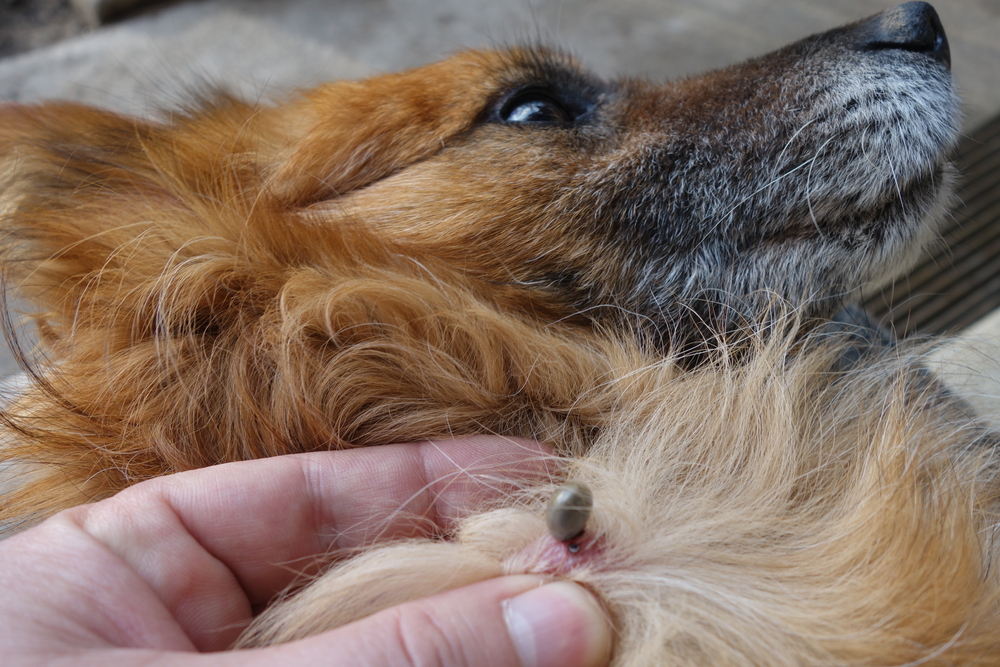- Empty cart.
- Continue Shopping
The Importance of Tick Prevention for Pets

Ticks are not just a nuisance; they pose a serious threat to the health and well-being of our beloved pets. These tiny parasites can transmit a variety of diseases, some of which can have severe consequences for both animals and humans.
1. Prevention of Tick-Borne Diseases
Ticks are carriers of various pathogens, including bacteria, viruses, and parasites. These can cause a range of diseases, such as Lyme disease, Rocky Mountain spotted fever, and Ehrlichiosis. Implementing a comprehensive tick prevention strategy significantly reduces the risk of these potentially debilitating illnesses in pets.
2. Protection from Secondary Infections
Ticks are not only blood-sucking parasites, but they can also introduce secondary infections when they attach themselves to pets. Their bites create open wounds that can become infected, leading to skin conditions and other health issues. Tick prevention measures help minimize the likelihood of these complications.
3. Maintaining Skin and Coat Health
Ticks can cause irritation and discomfort for pets. Their presence can lead to itching, inflammation, and even allergic reactions. By preventing ticks, pet owners can maintain the health and integrity of their pets’ skin and coat, ensuring they remain comfortable and happy.
4. Preventing Anemia and Blood Loss
In severe infestations, ticks can cause anemia in pets due to the significant amount of blood they consume. This can lead to weakness, fatigue, and other serious health issues. Tick prevention measures help safeguard pets from the detrimental effects of blood loss.
5. Avoiding Transmission to Humans
Some tick-borne diseases, such as Lyme disease, can be transmitted from pets to humans through tick bites. This zoonotic potential underscores the importance of tick prevention not only for the well-being of pets but also for the health and safety of their human companions.
6. Reduction of Veterinary Expenses
Treating tick-borne illnesses in pets can be costly. It often involves a combination of medications, veterinary visits, and specialized care. By investing in tick prevention measures, pet owners can potentially save significant amounts of money in long-term veterinary expenses.
7. Preservation of Quality of Life
A pet’s quality of life is directly impacted by their overall health and well-being. By prioritizing tick prevention, pet owners contribute to ensuring that their furry companions lead happy, active, and vibrant lives. Preventing tick-related illnesses allows pets to thrive and enjoy their time with their families.
8. Tailored Prevention Plans
Veterinarians can provide personalized tick prevention plans based on a pet’s specific needs, lifestyle, and risk factors. These plans may include topical treatments, oral medications, collars, and other preventative measures. Tailoring prevention strategies ensures optimal protection for each individual pet.
Finally, tick prevention is not a luxury; it is a fundamental aspect of responsible pet ownership. By taking proactive measures to protect our pets from ticks and the diseases they carry, we not only ensure their health and well-being but also contribute to the safety and harmony of our households. Remember, prevention is key. Consult with your veterinarian to establish a tick prevention plan that is tailored to your pet’s unique needs. Your furry friend’s health and happiness are worth every effort.








